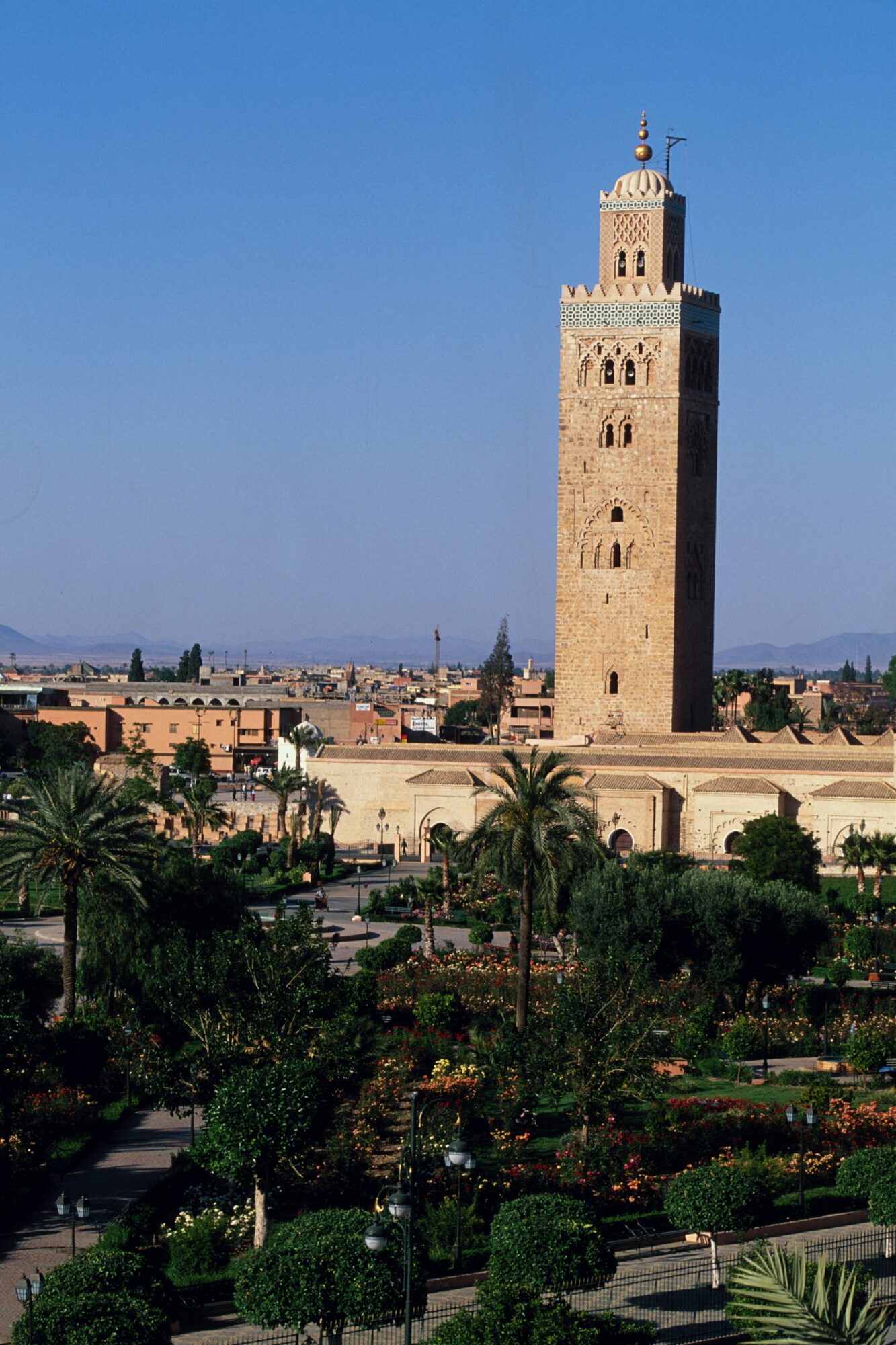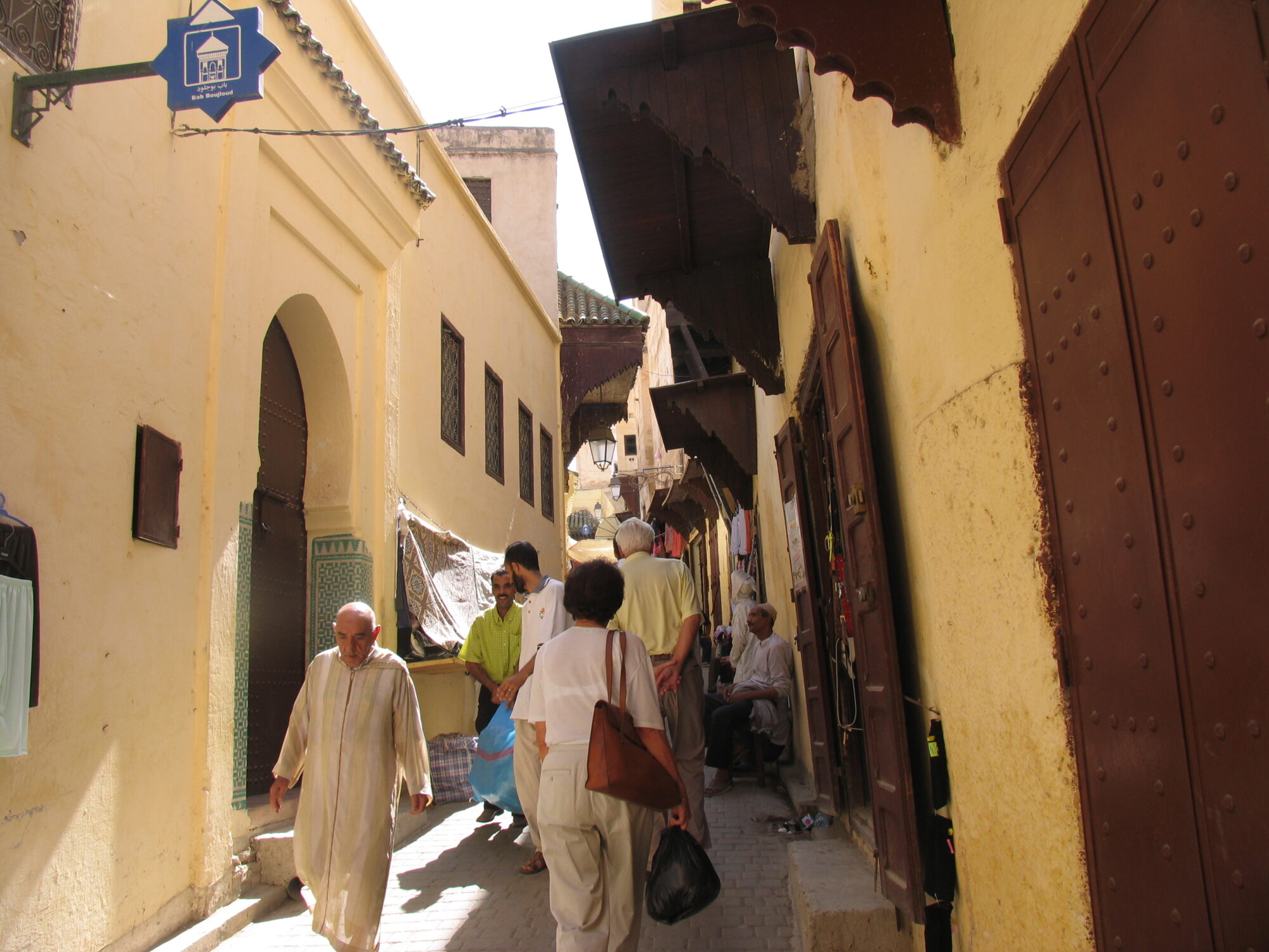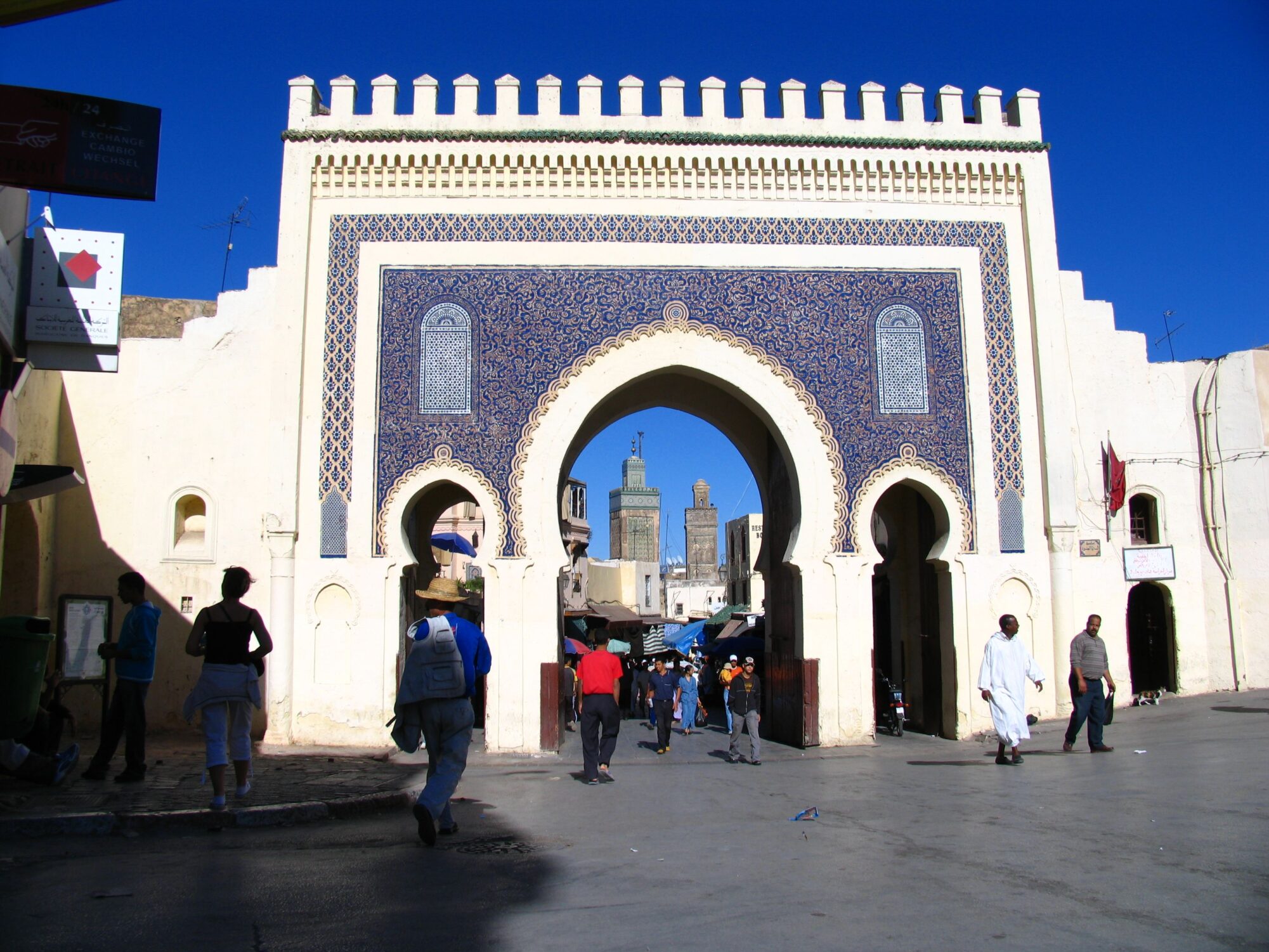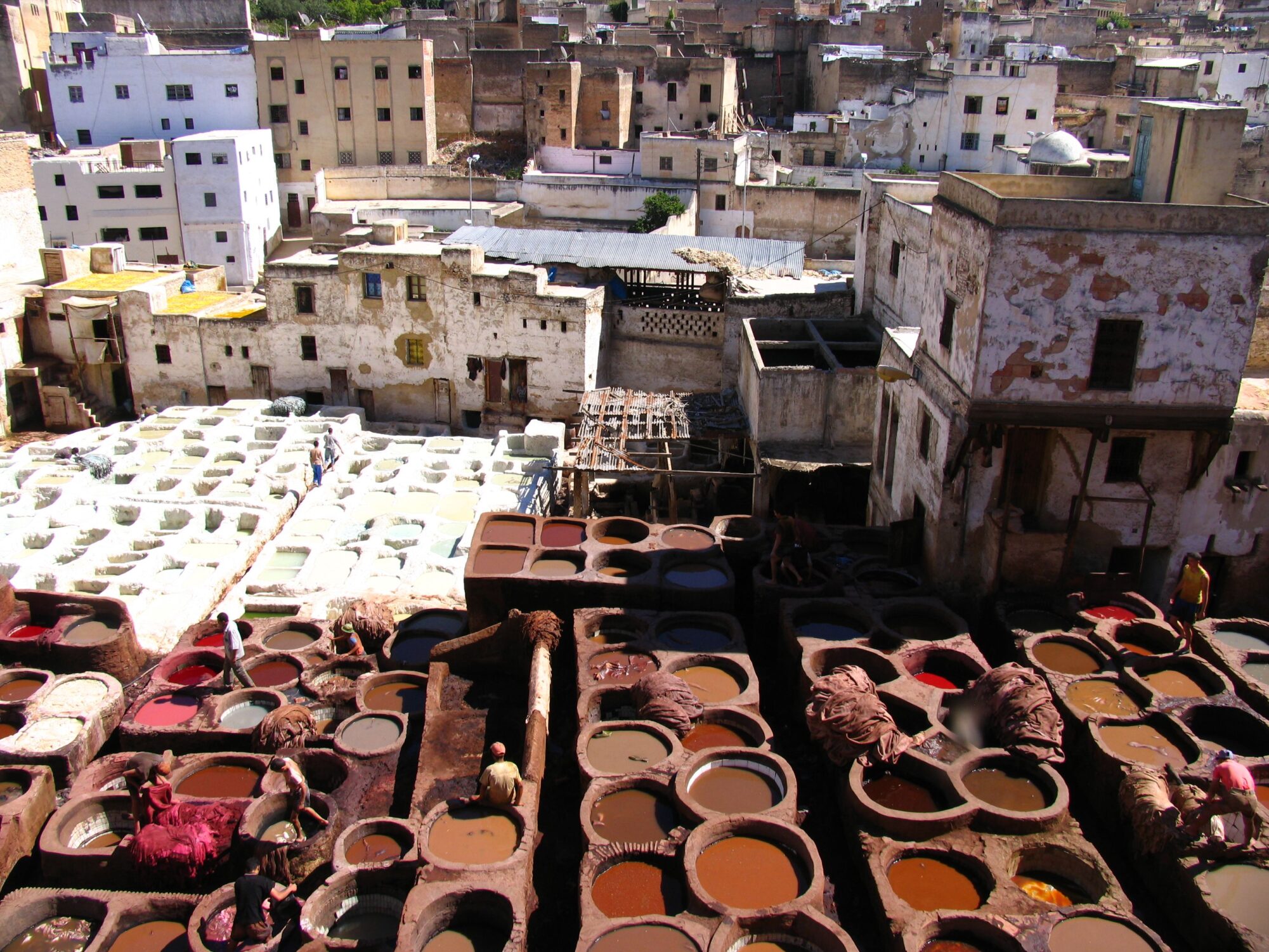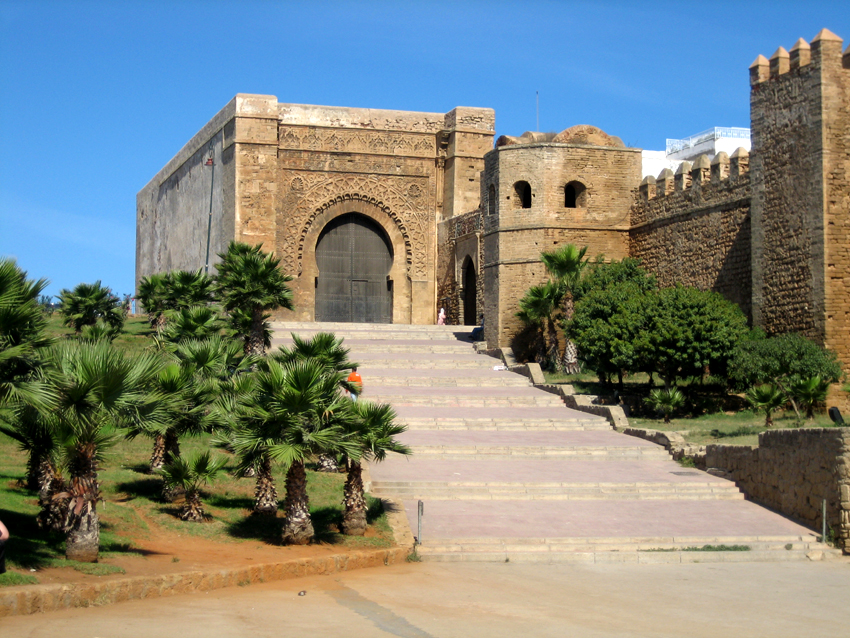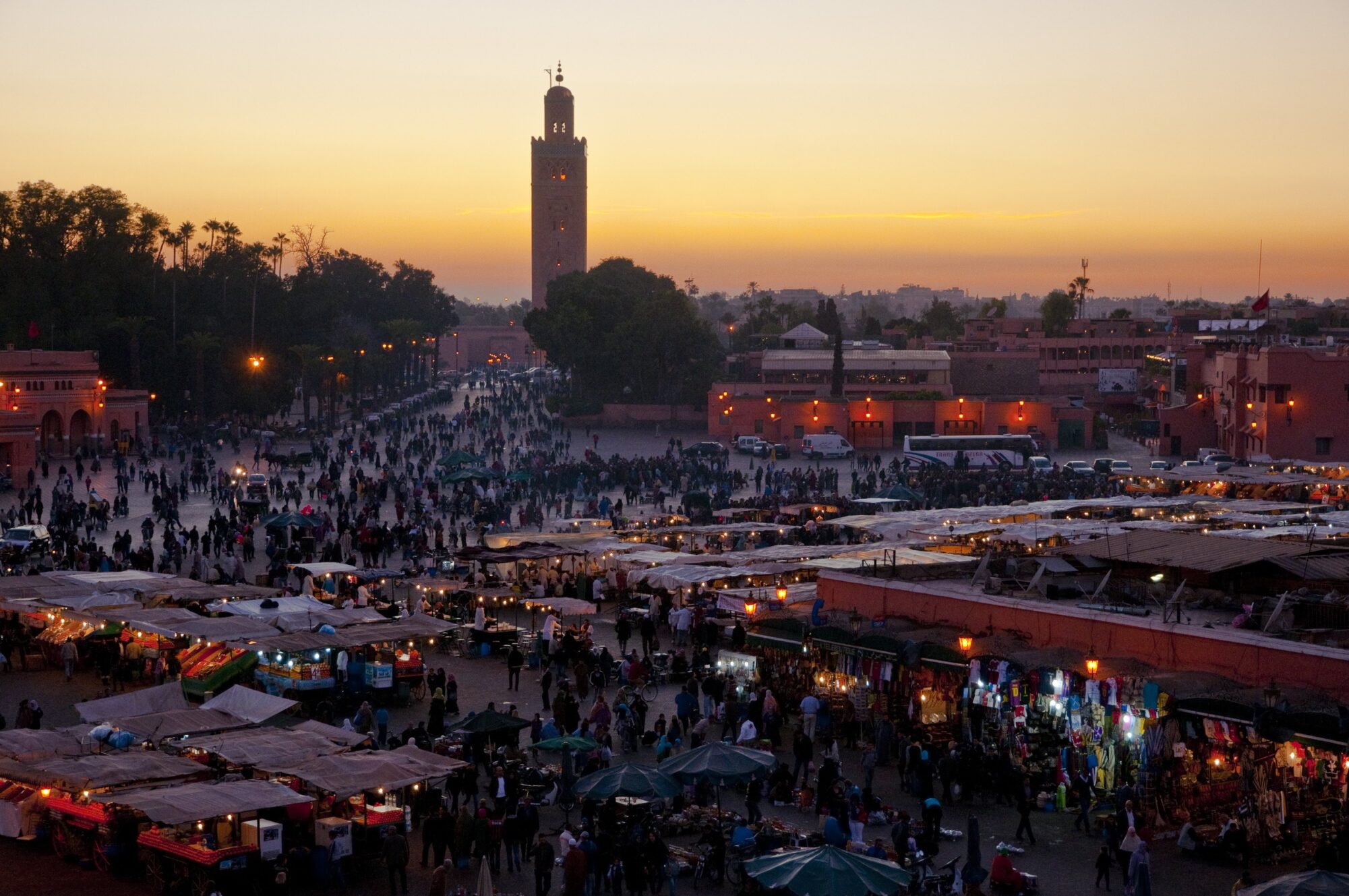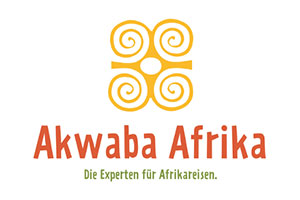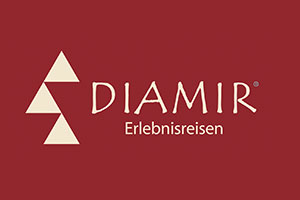Moroccco
Travel tips for Morocco
Top 5 Experiences
Diverse nature with desert, sea, mountains and lakes as well as colourful cities that take one back to past times – that is Morocco. Some of the highlights are:

Imperial Cities
Fez, Marrakesh, Meknes and Rabat – all of them were capitals of the great dynasties. The pompous cities still fascinate plenty of visitors through their history, palaces and ruins. In addition, the special atmosphere at the colourful markets is a unique experience.

Cities & Culture
The list of beautiful cities is long: Essaouria at the Atlantic Ocean with its precious Medina old town, the „blue city“ Chefchaouen with its numerous decorated window frames, stairs and doors as well as Casablanca, the biggest city of Morocco with the highest house of prayer in the world.

Coast
The coast enchants with its broad and partly untouched beaches – no surprise that next to relaxation one can find popular surf-hotspots here. For instance in Taghazout und Tamraght there are many surf camps whereas the coast town Agadir is famous for its long beaches.

Atlas Mountains
The Atlas Mountains host spectacular panorama views and remote Berber-villages. The high Atlas massif consists of green valleys, deep gorges and vast lakes. It often snows in the highest areas, which is especially stunning when arriving from the hot desert.

Sahara Desert
Infinite vastness, high dunes or a sparkling night sky – all of this can be found in the Sahara. If by car, by foot or on dromedaries, a desert excursion is a must do. Nowhere else one can see more wonderful sunsets and sunrises than from one of the desert camps. Adrenaline junkies will enjoy sandboarding.
Tourist infrastructure
Morocco has a good traffic infrastructure in and between the big cities. In the South and East of the Atlas Mountains there are still many dust roads. Between Oujda, Casablanca, Fez and Marrakesh there is a well working railway system. Shipping traffic from the sea is also reliable. In addition, there are many modern airports which connect the big cities.
Morocco offers many touristic accommodations of all categories. The prettiest and most popular ones are the Riads, old and gorgeous townhouses.
Climate and travel season
Due to the division of the country by the Atlas Mountains, the climate is extremely diverse. At the coast and around the Rif Mountains the climate is Mediterranean with temperatures up to 30 degrees in summer and 15 – 18 degrees in winter. Moreover, there is a rainy season between November and March. The peaks of the Atlas Mountain, on the other hand, are covered in snow in winter, which often lasts until spring. In the Meseta plateau between the coast and mountains, as well as beyond the mountains on the edge of the Sahara, there is hot, continental climate all year round with up to 40 degrees in summer. At night, temperatures can go down to 5 degrees. Therefore, for beach holidays June to September are most suitable whereas the country´s culture and architecture are best seen in April/May and October/November.
Visa and entry
To enter Morocco Germans, Austrians and Swiss need a passport, which upon entry is at least valid for 6 more months. For stays up to 90 days no visa is required.
Since the regulations can change at any time, all information are non-binding and without guarantee. Please observe the visa regulations and the current information of the Federal Foreign Office / Federal Ministry European and International / Federal Department of Foreign Affaires at all times.
Impressions from Morocco
(Click to enlarge)
Stories
International Hotel Chains Are Driving the Hotel Boom in Africa
Frankfurt, 03 April 2024 - The "Big 5" of global hotel chains - Accor, Hilton, IHG, Marriott International and Radisson ...
Internationale Hotelketten treiben den Hotelboom in Afrika voran
ReThinking Africa Initiative setzt sich für Investitionen in Afrikas Tourismuswirtschaft ein Frankfurt, 03. April 2024. Die „Big 5“ der globalen Hotelketten ...
Voice4Africa x ReThinking Africa News March
KLEBER Group x ReThinking Africa News March 2024 Content Foreword Investment in Africa's tourism industry as a driver for sustainable ...
Our partners for Morocco
Visa, Entry, and Updates
Current accessibility
Corona precautionary measures
Status: 03.03.2022


